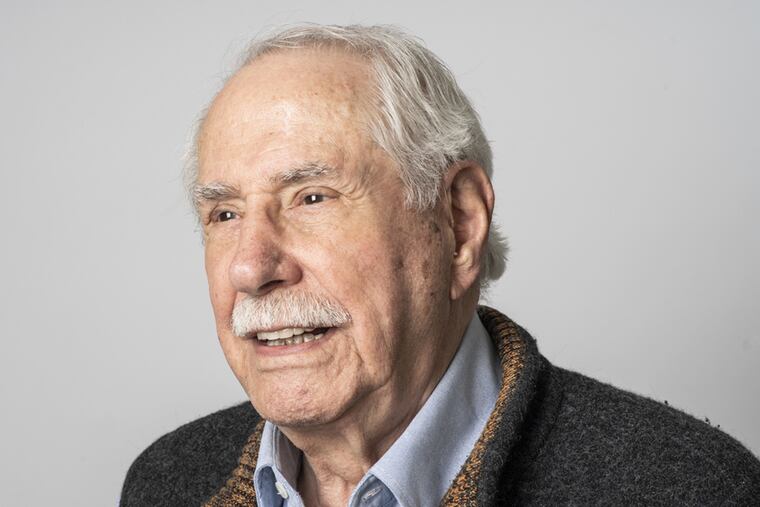Should a presidential candidate’s age matter? An aging expert says no, but he needs more information.
Here's a debate question: Would you release your medical records?

Even the oldest in the throng of current presidential candidates has close to a 50-50 chance of surviving a first term, and most have a good shot at living through a second, a Chicago aging expert has concluded. Based on what little we know of their medical conditions, all but Mike Gravel — a former Democratic senator from Alaska who would be almost 91 at his first inauguration — would likely make it through a second term without disability.
After running the numbers, S. Jay Olshansky, professor of epidemiology at the University of Illinois at Chicago School of Public Health, concluded that "chronological age should not be a disqualifying factor to run for or be president of the United States."
Still, he said, he had to rely on population averages, which “should not be interpreted as destiny.” The lack of publicly available health information about candidates makes it impossible to know whether any have hidden, potentially lethal, medical conditions, or early cognitive problems that would alter predictions. And, of course, accidents and infections can change the trajectory for anyone.
Olshansky released his new white paper, which was published by the American Federation for Aging Research, a few days before this week’s Democratic debates for a reason. He’d like to see a response to this show-of-hands question: Would you be willing to release your medical records?
» READ MORE: The Democrats’ debate in Detroit: What to watch
More detailed information, he said, would help voters evaluate whether candidates are physically and mentally strong enough to be president for four years. It might reveal which of the older candidates are “super agers,” people who live longer and stay mentally sharp longer than their peers. If nothing else, the information might shine a brighter light on vice presidential candidates.
When Donald Trump, now 73, became president, he was the oldest person elected to that office. He would be 74.7 at the beginning of a second term. Five Democratic candidates would be 70 or above at inauguration in 2021. At that point, Gravel would be 90.8; Bernie Sanders, 79.4; Joe Biden, 78.2; Elizabeth Warren, 71.6; and Jay Inslee, 70. Republican Bill Weld would be 75.5.
Olshansky said he decided to write the paper after a reporter from the Washington Examiner told him that David Scheiner, who had been President Barack Obama’s doctor before Obama became president, said electing older candidates without knowing more about their health would be “asking for trouble.” The reporter wondered if Olshansky planned to analyze the candidates.
Scheiner, who is 80, was not satisfied with Olshansky’s results. Whether a candidate will survive, he said, is not the important question. “That’s not my interest,” he said. Ronald Reagan "was 93 when he died, but he wasn’t cognitively intact.”
Scheiner, who said he was Obama’s physician for 22 years, argues that we shouldn’t just accept candidates’ declarations that they’re as healthy as can be. He thinks that all of them, regardless of age, should take neuropsychological tests, and that testing should be required annually for presidents. He said he’d feel more comfortable voting for an older candidate if he had more detailed medical information about him or her.
Olshansky’s use of population averages means his lifespan estimates are conservative. Presidential candidates tend to be well-educated and relatively wealthy, factors that lead to longer-than-average lives. In a study published in the Journal of the American Medical Association in 2011, Olshansky found that presidents live longer than most.
He used Social Security actuarial data that use age and gender to calculate expected lifespan. He did further calculations to estimate the likelihood that candidates would live through their terms, and added more data to estimate remaining disability-free years. His disability measures included physical and cognitive problems. Olshansky said it is not possible to calculate the risk of cognitive problems alone without the results of more testing. He agrees with Scheiner that cognitive functioning is more important than treatable medical issues.
All of the candidates except Gravel have a 76 percent or greater chance of living through a first term. The candidates who are currently below age 60 have a more than 95 percent chance of living that long. Trump’s chance of surviving a second term is 84. 8 percent. If they managed to live long enough to begin a second term, Sanders and Biden would likely each have about seven years of life left while Warren would have 12.5.
Olshansky, 65, pointed out that the “grueling process” of running for president is itself a kind of test of aging, one that most people could not pass.